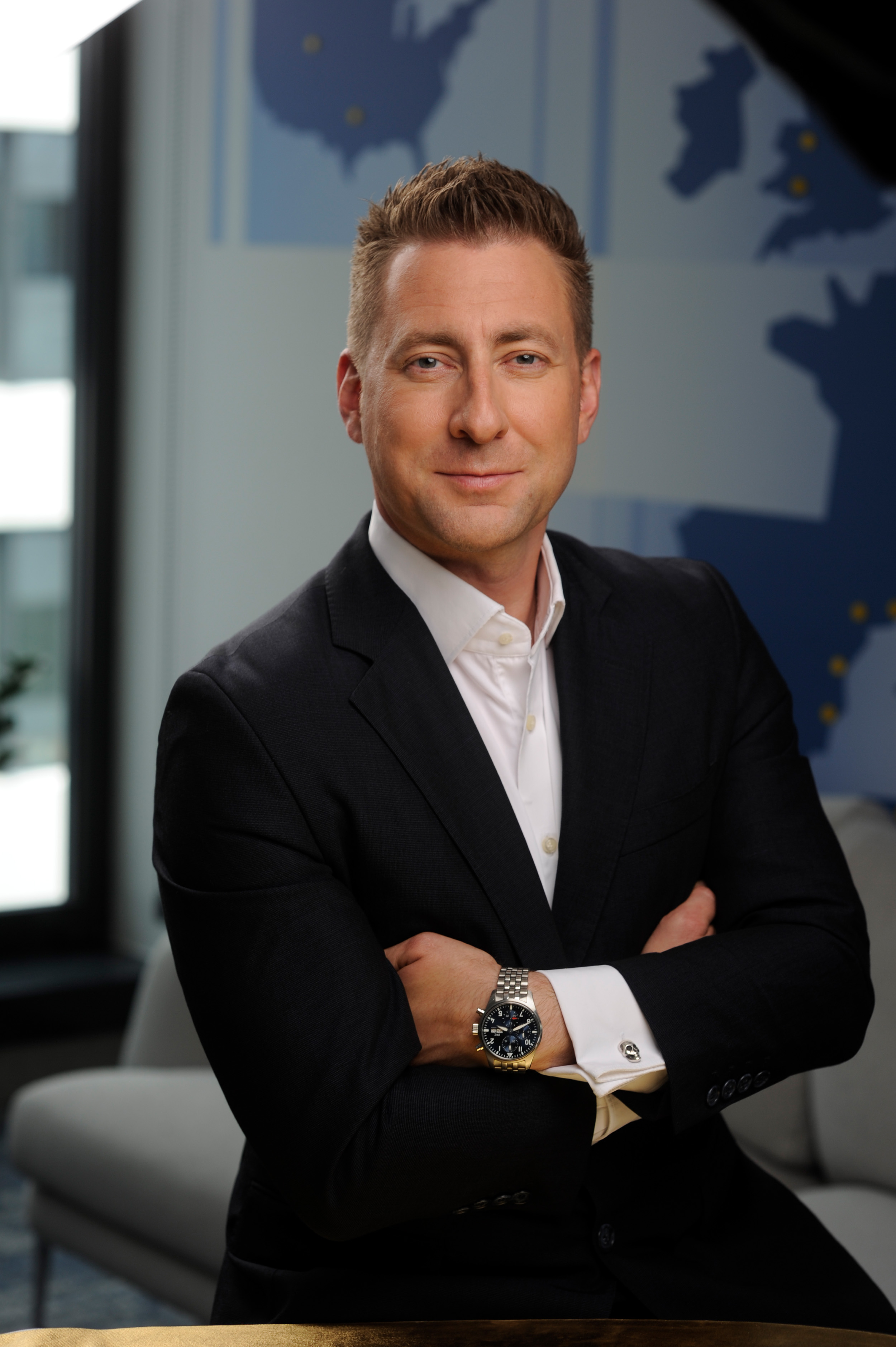Poland is a key market for the Swiss company. However, it faces a certain problem here.

- "The Polish market is one of the most important for the entire Stadler Group, and we have a strong position here. We have three large production plants in Poland," emphasized Philipp Brunner, member of the Stadler Management Board, in an interview with WNP.
- - Currently, Polish cities focus on purchasing vehicles rather than developing automation when investing in trams - said the Stadler representative.
- "The infrastructure is being implemented at our competence center in Wallisellen, Switzerland. However, the on-board software for city vehicles is being developed by our engineers in Poznań," noted Philipp Brunner.
- The conversation with Philipp Brunner took place during the 10th Polish-Swiss Innovation Day .
How important is the Polish market for Stadler?
"The Polish market is one of the most important for the entire Stadler Group , and we have a strong position here. We have three large production plants in Poland: Stadler Polska in Siedlce, where we produce rolling stock – trains, trams, and metro cars; Stadler Środa in Środa Wielkopolska, where we produce steel boxes for tram production, which we export to other Stadler plants; and Stadler Converter in Białystok, which produces power electronic converters for the construction of urban vehicles – trams and metros. We also have an engineering competence center in Poznań and three facilities dedicated to servicing trains delivered to local customers – PKP Intercity, Koleje Mazowieckie, and Łódzka Kolej Aglomeracyjna."

We employ over 2,000 people in Poland, and next year this number will increase to 2,500. So we have strong resources and great opportunities here.
Within the Central Europe branch, Central Europe is undoubtedly the most important market for us, even though in the past there were periods when we did not have many local orders.
Which areas do you primarily want to develop: long-distance trains or urban transport – metro, trams? Which areas are most promising for operation in Poland?
We primarily supply rail vehicles, including regional and intercity trains (FLIRT, KISS), used for regional and long-distance transport. Most of these are classic electric passenger trains, but in Siedlce we also produce battery-powered vehicles, which, due to environmental requirements, are a very good alternative to diesel vehicles on non-electrified routes.
In addition to trains, we also supply trams and metros. In previous years, we delivered 110 trams to Krakow . The light rail vehicle (LRV) market is also important to us. However, our primary focus is the rail vehicle market.
Are trains created for customers in Poland mainly produced locally?
Yes, all vehicles ordered by Polish customers are manufactured in Poland, at the Siedlce plant. When designing our vehicles, we collaborate with various engineering locations within the Stadler Group, depending on the type of vehicle we are developing.
Currently, we have a strong engineering team in Poland, numbering over 100 people, working on our local projects . For example, the latest FLIRT vehicles for Koleje Mazowieckie were designed over 90% in Poland. Our engineering teams operate in Warsaw, Siedlce, and Poznań. Some services are outsourced to our engineering office in the Czech Republic, Prague, and Switzerland, but the majority are performed here in Poland.
You're currently developing your solutions for urban transport automation in Switzerland. When will these applications come to Poland?
- Of course, we would like to develop in this area in Poland as well.
Automation is not an important criterion when purchasing trams in PolandCurrently, Polish cities are focusing their tram investments on purchasing vehicles rather than developing automation. Competition, including internationally, is also fierce.
We hope that our offer will also reach Polish customers and that we will be able to develop our system not only in Poland, but also for Poland.
So these automation solutions will be developed in Poland, from a technical perspective?
- Partially. The infrastructure is implemented at our competence center in Wallisellen, Switzerland . However, the on-board software for city vehicles is developed by our engineers in Poznań .
Are you considering further expansion, for example towards Southeastern Europe, the Balkan region, etc., which could be competitive with Poland?
- We currently deliver our vehicles to the Balkans from Poland. For example, the Stadler Polska plant in Siedlce produced FLIRT vehicles for Serbian Railways.
The Balkans are a very good market for Stadler's Polish plantsTrams from Siedlce operate in Sarajevo, the capital of Bosnia and Herzegovina. Therefore, we have very good relations and a strong market for Stadler Polska in the Balkans . We hope that further orders from this market will be placed for the Siedlce plant.
What are your projects related to the future process of reconstruction of Ukraine?
"Before the outbreak of the full-scale war in Ukraine, we were in constant contact with the authorities and our potential Ukrainian customers. We were very close to signing a contract for the supply of vehicles and also deciding to build the company's structures locally. Unfortunately, this activity is not possible at this time. We hope that when the war ends, we will be able to continue negotiations and perhaps even deliver our vehicles in the future."
wnp.pl





